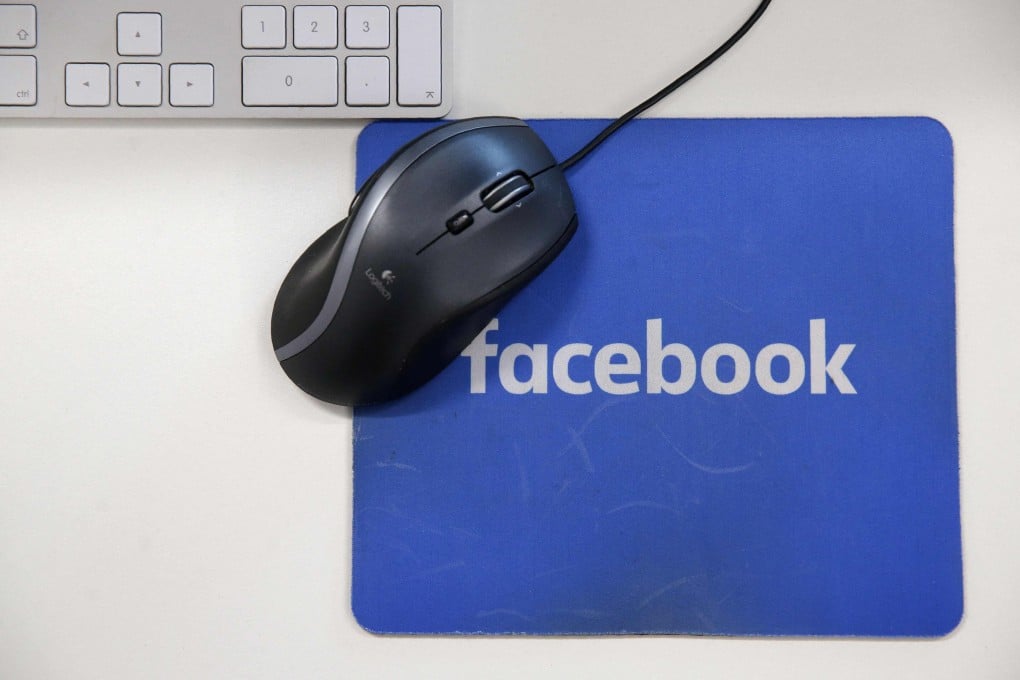Australia vows to push on with content laws that will force Facebook to pay for news
- Facebook on Thursday blocked news links from appearing in Australia, saying it had been left with no choice ahead of the new content rules
- PM Scott Morrison on Friday said the leaders of Britain, Canada, France and India had shown support for its new laws

Australian Prime Minister Scott Morrison on Friday vowed to press ahead with laws to force Facebook to pay news outlets for content, saying he had received support from world leaders after the social media giant blacked out all media.
Facebook stripped the pages of domestic and foreign news outlets for Australians and blocked users of its platform from sharing any news content on Thursday, saying it had been left with no choice ahead of the new content laws.
The move, which also erased several state government and emergency department accounts amid the coronavirus pandemic, as well as non-profit charity sites, caused outrage.
Morrison said his government was “happy to listen to them on the technical issues”, but remained determined to pass the law.
“It’s not OK to unfriend Australia because Australia is very friendly,” Morrison said. “We’d like to remain very friendly and it’s time for them to friend us again.”
The leader said the leaders of Britain, Canada, France and India had shown support for Australia’s move.
What Australia will do here is likely to be followed by many other Western jurisdictions
“There is a lot of world interest in what Australia is doing,” Morrison said. “That is why I invite … Facebook to constructively engage because they know that what Australia will do here is likely to be followed by many other Western jurisdictions.”